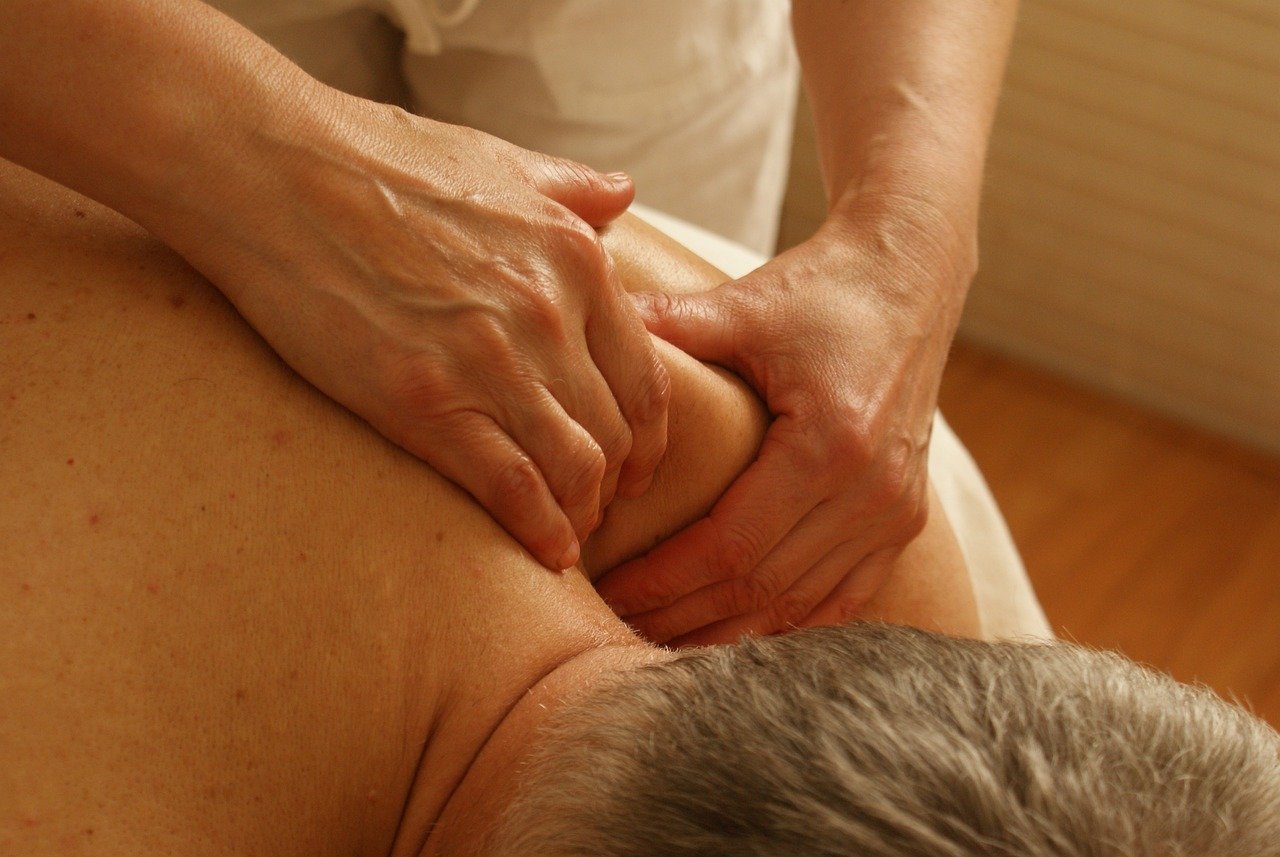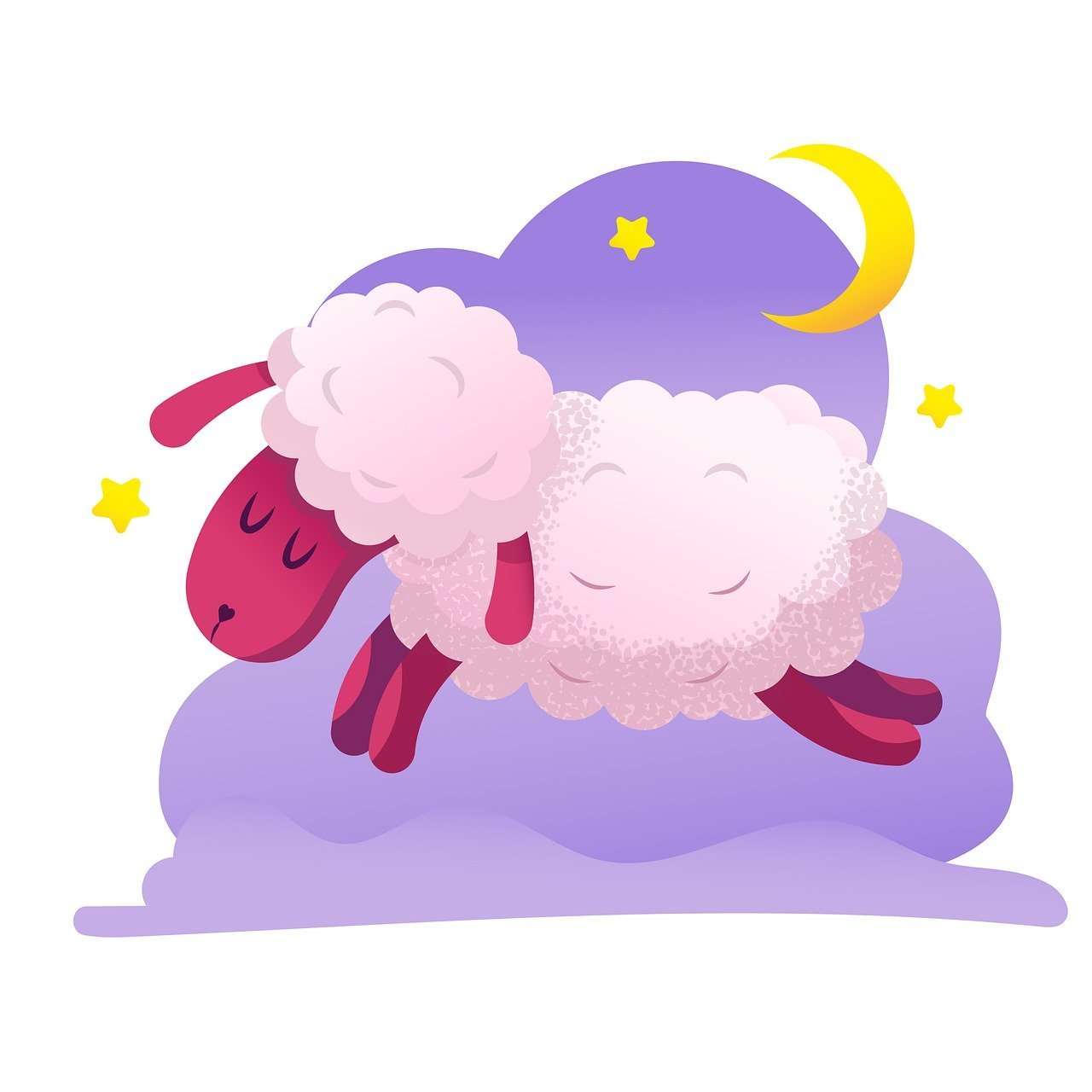
Hey there! Have you ever woken up with a nagging pain in your right shoulder after a seemingly good night’s sleep? It’s not the most pleasant way to start your day, is it? Well, fear not, because Today, we’re going to delve into the causes of this mysterious shoulder pain that seems to strike when we least expect it. Whether it’s a sharp ache, a dull throb, or a persistent discomfort, we’ve got you covered with some valuable insights on why your shoulder might be acting up after those precious hours of shut-eye. So grab a cup of coffee, get cozy, and let’s get to the bottom of this sleepy dilemma.
Causes of Shoulder Pain After Sleeping
If you wake up with shoulder pain after a good night’s sleep, you’re not alone. Many people experience this discomfort and wonder what could be causing it. While there can be various reasons behind shoulder pain after sleeping, let’s explore some common culprits and potential solutions.

Sleeping Position
Your sleeping position can play a significant role in causing shoulder pain. If you tend to sleep on your side, especially with inadequate support, it can put excessive pressure on your shoulder joint. This can lead to discomfort and stiffness in the morning. Consider trying to switch to a back or stomach sleeping position to alleviate the strain on your shoulders.
Sleeping Surface
The type of surface you sleep on can also contribute to shoulder pain. A mattress that is too firm or too soft may not provide the necessary support for your shoulders. A firm mattress can create excessive pressure points, while a soft one may not offer enough support. Finding a middle ground with a mattress that provides adequate cushioning and support can be crucial in reducing shoulder pain after sleeping.

Poor Pillow Support
Using the wrong pillow or not having enough support for your head and neck can impact your shoulders as well. A pillow that is either too high or too low may cause misalignment of your spine, placing strain on your shoulder joints. Opt for a pillow that keeps your neck and head properly aligned, allowing your shoulders to rest comfortably. Remember, your pillow should support the natural curve of your neck.
Muscle Imbalance
Muscle imbalances can result from poor posture, lack of exercise, or repetitive activities involving the shoulder. These imbalances can cause discomfort and pain, which may be exacerbated during sleep. Regular stretching and strengthening exercises specific to the shoulder can help address muscle imbalances and reduce the likelihood of experiencing shoulder pain after sleeping.

Rotator Cuff Injuries
The rotator cuff is a group of muscles and tendons that surround the shoulder joint, providing stability and allowing a wide range of motion. Injuries to the rotator cuff, such as strains or tears, can cause significant discomfort, particularly when lying in certain positions during sleep. If you suspect a rotator cuff injury, it’s essential to consult a healthcare professional for proper diagnosis and treatment options.
Frozen Shoulder
Frozen shoulder, also known as adhesive capsulitis, is a condition that causes pain and stiffness in the shoulder joint. It can make sleeping on the affected side challenging and result in morning shoulder pain. Gentle stretching exercises prescribed by a healthcare professional can help manage frozen shoulder and alleviate sleep discomfort.
Arthritis
Arthritis, specifically osteoarthritis and rheumatoid arthritis, affects the joints and can lead to shoulder pain after sleeping. Osteoarthritis is commonly caused by wear and tear of the joint cartilage, while rheumatoid arthritis is an autoimmune disorder. Both types of arthritis can cause inflammation, pain, and reduced mobility in the shoulder joint. Consulting with a healthcare professional can help determine the best course of action for managing arthritis-related shoulder pain.
Bursitis
Bursitis is the inflammation of the bursae, which are small fluid-filled sacs that cushion the joints. In the shoulder, bursitis commonly affects the subacromial bursa. Sleeping on the affected shoulder can exacerbate bursitis symptoms, resulting in pain and discomfort upon waking up. Applying cold or warm compresses and avoiding sleeping on the affected shoulder can provide relief. If the condition persists or worsens, medical attention should be sought.
Tendinitis
Tendinitis is the inflammation or irritation of the tendons, which are thick cords that connect muscles to bones. In the shoulder, tendinitis often affects the rotator cuff tendons due to overuse or repetitive motions. Sleeping in positions that put excess pressure on the affected tendons can worsen tendinitis symptoms. Resting the shoulder, applying ice, and practicing gentle shoulder stretches can aid in the recovery process.
Pinched Nerves
Pinched nerves in the neck or shoulder can cause pain that radiates into the shoulder upon waking up. This discomfort may be a result of compression or irritation of nerves due to poor sleeping positions or underlying conditions such as herniated discs. Maintaining proper ergonomics during sleep and seeking medical attention for severe or persistent symptoms is essential in managing pinched nerves.
In conclusion, shoulder pain after sleeping can stem from various causes, ranging from improper sleeping positions and inadequate support to underlying conditions like rotator cuff injuries or arthritis. While minor adjustments to sleeping habits and lifestyle changes may alleviate mild discomfort, it is crucial to consult a healthcare professional for a proper diagnosis and tailored treatment plan. By addressing the underlying cause, you can effectively manage and prevent shoulder pain, allowing you to achieve restful and pain-free nights.





